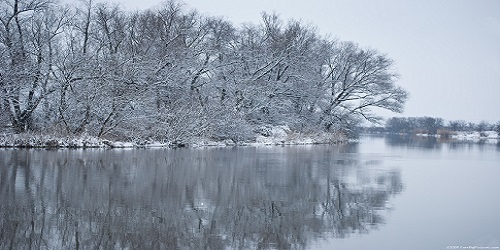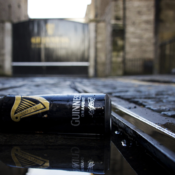
Is your business ready for winter?
[vc_row][vc_column][vc_column_text]
With temperatures dipping and heavy rain in the forecast, many businesses could find themselves unprepared when normal winter weather suddenly turns extreme.
A severe cold spell or abnormal levels of snowfall could cause significant interruption to your business’s operations, in addition to property damage and potential safety issues for staff, visitors and general members of the public both gaining access to and whilst on site.
During a severe cold spell, sprinkler, heating and water pipes can freeze and/or burst, with attendant devastating losses. Water damage from this type of incident can affect products in storage, paperwork, records, furniture, machinery, computers, electrical installations and all other types of electronic equipment.
The following guidelines will help you plan for and implement preventive measures to better protect your business from the threat of freeze-ups:
- Update your Emergency Response Programme for winter emergencies to include appropriate response procedures for deep-freeze conditions. Appoint people to monitor weather forecasts and initiate winter emergency procedures when appropriate.
- Determine which processes are dependent upon a continuous supply of utilities (e.g. electricity, water, air) for safe operation e.g. those that are subject to abnormal process conditions including solidification or runaway reactions, and need prompt attention. Develop back-up procedures to be used in the event of the loss of utilities or introduce improved business resilience options, for example, back-up diesel power generation.
- Identify equipment, processes, and piping that contains or uses water or other liquid susceptible to freezing. They may need to be promptly and thoroughly drained if heat or electricity is lost.
- Identify building areas that are unusually difficult to heat, or that lose heat rapidly. Install ordinary thermometers to allow temperature monitoring during cold spells and increase the frequency of audits in these areas, including checking the operation of trace heating, insulation and drains. Furthermore, alternate sprinkler systems should continue to be operated in the dry mode.

- Drain condensate water frequently, providing adequate heat in the area or relocating the equipment in a heated enclosure and protecting it with suitable anti-freeze.
- Inspect and maintain the building shell to minimise unnecessary openings. Fix windows and doors so they close tightly. Caulk, insulate, and weather-strip as needed, and close and seal unneeded dampers, louvers, and vents.

If a water leakage goes undetected for an extended period, extensive flooding can result and any equipment that contains or uses water produces water condensate, or depending on pneumatic controls is vulnerable to freezing, and the total cost of this can often reach hundreds of thousands of pounds. Rather than be caught out, remember that preparation is key, with routine auditing undertaken to monitor and maintain standards.
DOWNLOAD OUR BUILDING MANAGEMENT COLD WEATHER CHECKLIST
Any questions? Please don’t hesitate to contact one of our team.
Stuart Belbin – Stuart.belbin@ascendbrokingold.co.uk | Office: 01245 449067
 [/vc_column_text][/vc_column][/vc_row]
[/vc_column_text][/vc_column][/vc_row]





